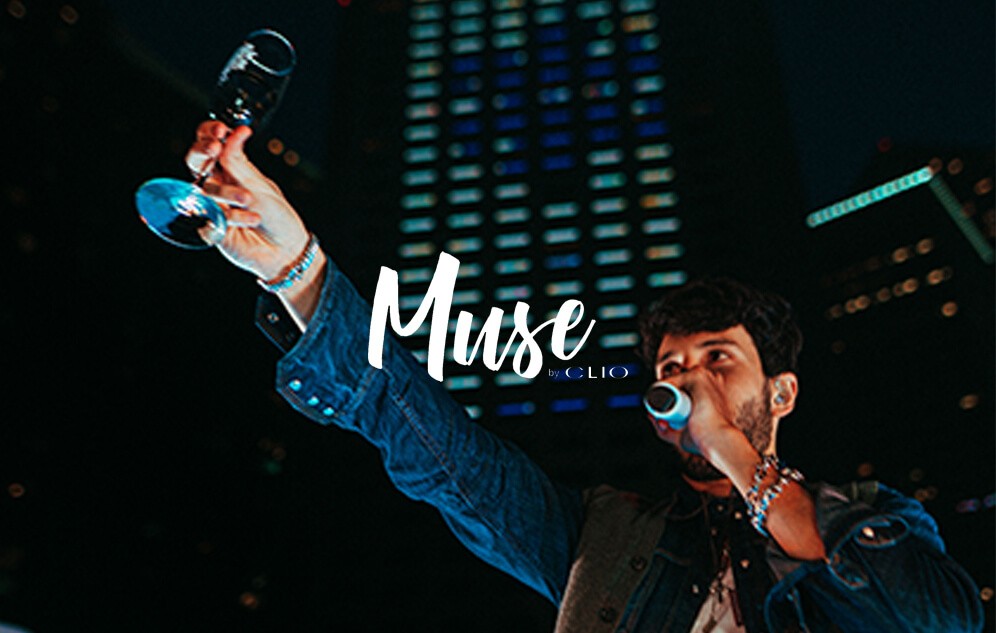
Despite What You May Have Heard, Live Streaming Is Not a Fad
Three Key Areas Are Driving Its Growth
Joe Belliotti 7.29.20 | Link to Article
Live streaming has received increased attention since Covid-19 shuttered live music venues. From big global moments to raising awareness and funds to fight the pandemic, celebrities like Elton John, Lady Gaga and other artists worldwide are now playing a huge role in the home-music experience through intimate performances, skyrocketing the sheer number of live streams.
The quick rise in audience numbers, available shows and brands experimenting in the space has some wondering: Will the live streams fade when live music venues reopen and we go back to the “way things were”?
Wonder no more. Live streaming music was increasing even before Covid-19 caused venues to shut down, as production and distribution became cheaper and more accessible. Platforms like Twitch, YouTube, Facebook and Instagram all have the tools to support live music streams. Also, music and media industry insiders are virtually unanimous in saying that live streaming is not only here to stay, but just getting started.
Here are three key areas that are driving live streaming’s growth:
Audience Behavior
Live streaming is not a replacement for live music. It is not an either/or, it is a both. Live streaming brings people into unique moments with very distinct ways to engage with the performer. In fact, there are many artists who have a higher reach and a more intimate connection with those audiences because of live streaming.
“Before the pandemic, we’d never live-streamed before,” say Sofi Tukker. “The most important thing we do during a show is connect with the people in the room, and we never expected to be able to have such a high level of intimacy and connection with an online audience. We never anticipated that we’d be able to connect with so many people around the world in a meaningful way, let alone that we would be able to raise this much money for causes we believe in. It really lifts our spirits and gives us hope, and we’re honored to be a part of it.”
Digital Experiences
Live streaming is already a highly prioritized part of the digital platform ecosystem. Facebook, YouTube and Instagram have been investing heavily in creating and attracting both broadcasters and viewers. These platforms understand that live streaming is a key tool in their digital marketing toolbox. When this live streaming tool is combined with pre-post marketing, it outperforms traditional digital marketing of simply publishing a video or social content.
As Andrew Beranbom, CEO and co-founder of First Tube Media, describes it: “We look at live streaming as a tool to engage audiences, and when we surround live streaming with a pre-during-post digital marketing effort, we see real engagement. It is not limited to turning a camera on and broadcasting anymore.”
ROI for Brands
To stay connected to audiences during the pandemic, brands needed to pause and immediately pivot their marketing. This gave the opportunity to integrate live streaming, resulting in significant results. Live streaming is not limited to organic viewers; it could reach TV-size audiences and be the foundation to measurable digital marketing that captures and captives attention.
“We approached the live streaming space in 2019 to innovate, experiment and learn,” says Mandy Cudahy, director of marketing, content and social at Grubhub. “What we found out was that it’s a very efficient way to drive significant audience engagement and ROI that aligned with our goals as a company. For Grubhub, live streaming is no longer an experiment, but a key way we connect with our loyal diners to offer rewarding experiences and also attract new diners.”
